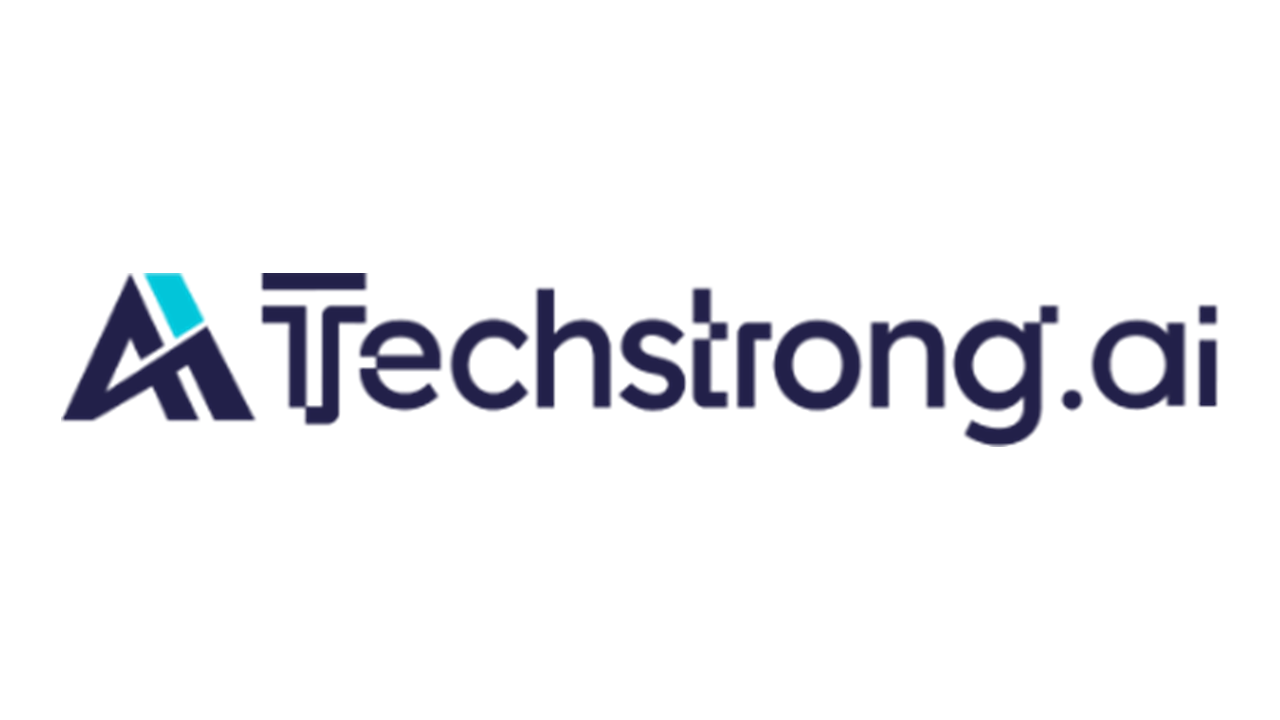AI is a threat. So says the government — again.
The latest hand-wringing was on full display Tuesday, when President Joe Biden addressed the United Nations. While the technology is promising, he said, AI “also brings profound risks, from deepfakes to disinformation to novel pathogens to bio weapons.”
Biden said he supports a resolution passed by the General Assembly to establish “global rules of the road” for AI as U.S. officials ready an executive memo outlining plans to address the national security risk of AI. The memo is expected to hit the president’s desk any day, nearly a year after Biden issued an executive order on the fast-moving technology.
Indeed, Biden’s concerns underscore a recurring drum beat from the executive branch, lawmakers and federal regulators over the dangers of AI. All three bodies acknowledge the importance of getting in front of the issue after they failed to grasp the adverse impact of social media on U.S. citizens and institutions.
AI’s rapid evolution “brings us closer to both extraordinary advancements as well as profound threats,” Satyen Sangani, chief executive and co-founder of data-intelligence company Alation, said in an email. He believes “the tipping point is already behind us.”
“AI-powered disinformation is spreading faster than we can regulate it,” Sangani said. “Now, we’re no longer trying to stop the flood — we’re managing the damage.”
“I agree with Biden’s acknowledgment of the promises and benefits of AI but would state that the technology is moving very fast for businesses and criminals,” Aaron Pritz, co-founder and CEO of Reveal Risk, said in an email. “With that speed, we have seen a rapid uptick in data loss (accidental and criminal), the use of deepfakes in scams (audio and video), and business or personal decisions made on flawed AI-generated results.”
“Specific to his bio weapon comment — I understand the context of AI as we work with several pharmaceutical and research companies that use AI to speed up the innovation and time to market (which is good),” Pritz added. “However, that same technology can be applied in similar ways to expedite the production of genetically tailored bio weapons which would be terrible if leveraged.”
There is no shortage of angst over the potential pitfalls of AI despite its considerable promise.
Leading the worry list is AI-aided interference of the presidential election. Feeding the paranoia, intelligence officials warn Russia and Iran are leveraging AI to influence Nov. 5 via the creation of fake digital content to manipulate public opinion. Officials claim Russia is generating AI-based content that targets Vice President Kamala Harris, the Democratic presidential nominee, while Iran is focusing its corrosive efforts on divisive issues such as immigration.
A vacuum of national legislation has prompted states to take action. Three deepfake laws, passed in California last week, are aimed at election integrity amid cries of mass AI misinformation.
“The biggest AI threat isn’t deepfakes, it’s the quantity and quality of cyberattacks,” Chaim Mazal, chief security officer at Gigamon, said in an email. “Deepfakes are having a moment, but what they really prove is the bigger issue around how AI is accelerating the volume of higher-quality attacks. AI is currently upleveling the capabilities of novice attackers. It also has exponentiated the discovery process of low-level exploitation techniques. Organizations need to devote cybersecurity resources to combatting the volume of attacks spurred on by AI.”
At the same time, the Federal Trade Commission and Justice Department are examining OpenAI, Microsoft Corp. and NVIDIA Corp. for possible antitrust abuses.
Indeed, the bipartisan appeal of bashing AI, and Big Tech in particular, extends beyond bots.
In addition to the Commerce Department issuing new rules that limit vehicle software from China, Biden has led efforts to stop China from gaining access to advanced technology or selling its most tech products in the U.S., though he did not mention the topic during his UN speech.
Despite the slings and arrows aimed at AI and the companies behind it, lawmakers and regulators understand the importance of AI and its impact on the economy, culture and the job market.
Consider: OpenAI pitched the White House recently on building data centers in the U.S. as large as 5GW capacity, that could add tens of thousands of jobs, boost the GDP, and keep the U.S. ahead of China on AI.
AI is a threat, and an invaluable asset, after all.
View the article
If you don't have an account, Register here |
With the exception of our Horizons reports, most of our research is available for free on our website. Sign up for a free account and start realizing the power of insights now.
Our premium subscription gives enterprise clients access to our complete library of proprietary research, direct access to our industry analysts, and other benefits.
Contact us at ask@hfsresearch.com for more information on premium access.
If you are looking for help getting in touch with someone from HFS, please click the chat button to the bottom right of your screen to start a conversation with a member of our team.